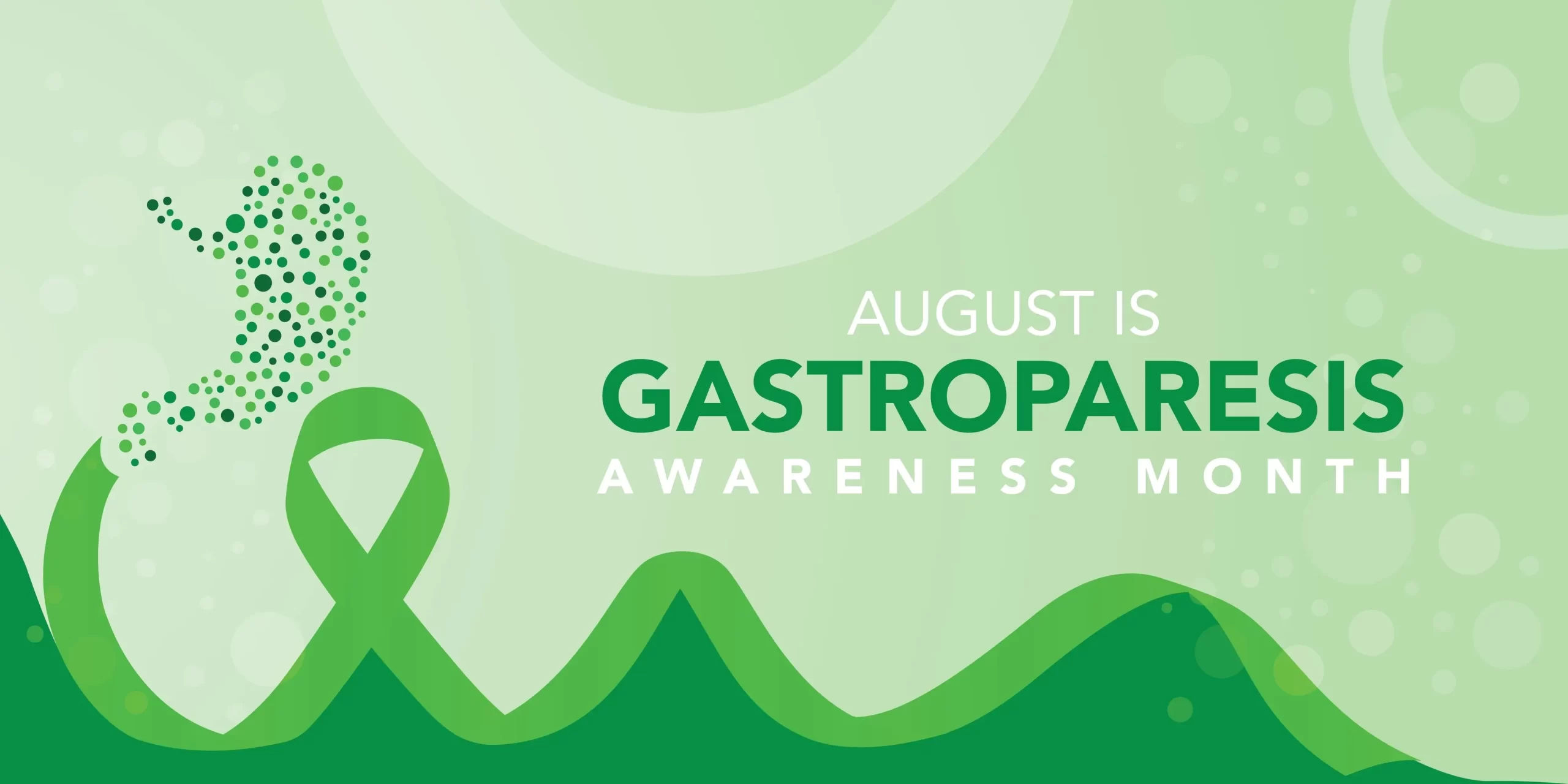Gastroparesis is a condition that affects the normal movement of muscles in your stomach, slowing or even stopping digestion without any physical blockage. Often misunderstood and misdiagnosed, gastroparesis can significantly impact a person’s quality of life. Knowing the signs and when to seek care is the first step toward managing this chronic digestive disorder.
What Is Gastroparesis?
In a healthy digestive system, the stomach muscles contract to move food into the small intestine for further digestion. In people with gastroparesis, this movement is delayed or absent, meaning the stomach takes much longer to empty its contents. This slowdown can cause uncomfortable and sometimes debilitating symptoms.
What Causes Gastroparesis?
The most common known cause of gastroparesis is diabetes, particularly when it’s poorly controlled. High blood sugar levels can damage the vagus nerve, which helps control stomach muscles.
Other potential causes include:
● Post-surgical complications
● Certain medications (especially narcotics or antidepressants)
● Viral infections
● Autoimmune diseases
● Neurological conditions like Parkinson’s or MS
● Idiopathic (no known cause)
Symptoms of Gastroparesis
Gastroparesis symptoms can vary from mild to severe. Common signs include:
● Nausea
● Vomiting (especially undigested food hours after eating)
● Feeling full quickly, even after small meals
● Bloating
● Upper abdominal pain
● Poor appetite or unintended weight loss
● Fluctuations in blood sugar levels (in diabetic patients)
If you notice persistent symptoms, especially in combination, it’s important to speak with a gastroenterologist.
How Is Gastroparesis Diagnosed?
Diagnosing gastroparesis typically involves a combination of:
● Upper endoscopy to rule out blockages
● Gastric emptying study (a test to measure how quickly food leaves your stomach)
● SmartPill™ (a small, swallowed device that measures pH, pressure, and temperature throughout your GI tract)
● Imaging studies and blood tests to identify underlying causes
Treatment and Management
There is no cure for gastroparesis, but it can often be managed effectively with a combination of treatments:
Dietary Modifications:
- Eating smaller, more frequent meals
- Choosing low-fat, low-fiber foods that are easier to digest
- Pureeing or blending solid foods
- Avoiding carbonated drinks and alcohol
Medications:
- Prokinetic agents (medications that stimulate stomach muscle contractions)
- Anti-nausea drugs
- Pain management medications (when needed)
Other Therapies:
- Blood sugar management for diabetic patients
- Gastric electrical stimulation for severe, refractory cases
- Feeding tubes in extreme situations where nutrition is compromised
Living with Gastroparesis
Gastroparesis is a lifelong condition, but with the right medical support, most people can find a treatment plan that helps them manage their symptoms and maintain a good quality of life.
At Granite State Gastroenterology, we understand how challenging it can be to live with chronic digestive issues. If you or someone you love is struggling with symptoms like early satiety, nausea, or unexplained bloating, our team is here to help.
Don’t wait, digestive health is essential to your overall wellness. Let’s get to the root of your symptoms together.

